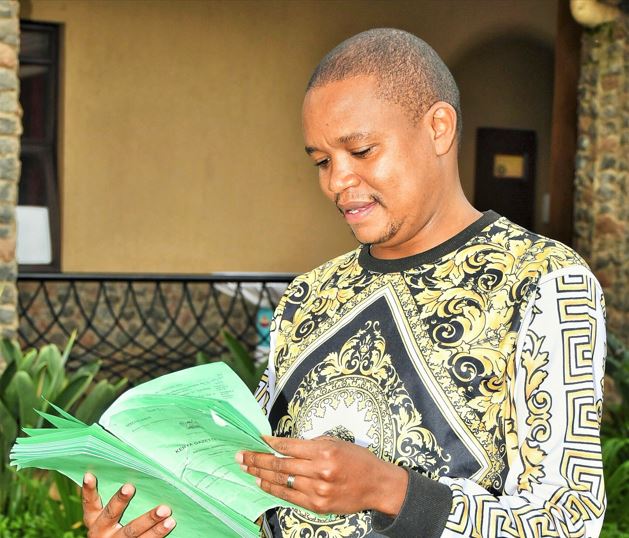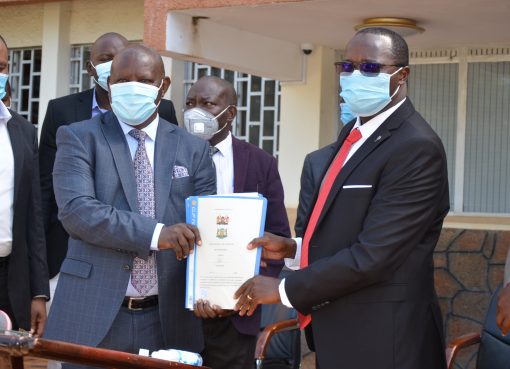The National Assembly Finance and Planning Committee has finished scrutinizing the Finance Bill 2023, which will now be presented to the floor of the August House on Tuesday.
Speaking to the press in Naivasha, the Committee Chair, Mr. Francis Kuria Kimani, said during their five-day meeting, they had worked with various experts to tie up all loose ends and ensure all the clauses in the Bill are simple to understand and compliant with the law.
“We have made some amendments to various clauses to make them clear and simple and ensure no clause is in conflict with the law,” Kuria said.
He said they had tried as much as possible to accommodate the views of everyone who appeared before the committee last month to give their views on the Bill which has elicited sharp political differences in the country, majorly due to the proposed Housing Levy.
The Bill which has sparked a hot debate in the country, proposes to deduct three per cent of the basic salary from all employed Kenyans, among other issues. The Azmio – one Kenya Coalition has vowed to vote against the Bill, saying the tax proposals therein and the infamous Housing Levy Clause will hurt the already overburdened citizenry in these hard economic times.
Busia Senator Okiyah Omtata and several other people have already moved to court to oppose the Bill which they claim has some illegal and repressive clauses on the tax regime.
But in a sharp rejoinder, Kuria has appealed to the opposition to bring any amendments on the Bill to the floor of the House, saying the Bill had some positive clauses that will help spur economic growth.
“I appeal to our colleagues not to politicize the bill as it will bring with it some very positive things to spur the economy of this country,” he said, adding that Kenyans risk missing out on the many positive issues if the bill is not passed.
Kuria said the Bill, for instance, gives incentives to local manufacturers, which will go a long way in encouraging the growth of local industries.
“We have to look for ways to sustain ourselves by raising our own revenue through taxation and stop overburdening Kenyans with foreign debt,” he noted.
The proposed law seeks to expand the tax base and allow the Kenya Revenue Authority (KRA) to generate more revenue, especially from areas that have traditionally not effectively participated in contributing to the country’s tax basket.
Kuria, for instance, observes that unlike in the past, the Bill, does not propose any increased taxation on alcohol and cigarettes.
The Bill which contains 84 clauses, seeks to amend various tax laws and other related statutes to improve the operations of the financial sector as well as enhance measures for raising national revenue.
By Mabel Keya –Shikuku





